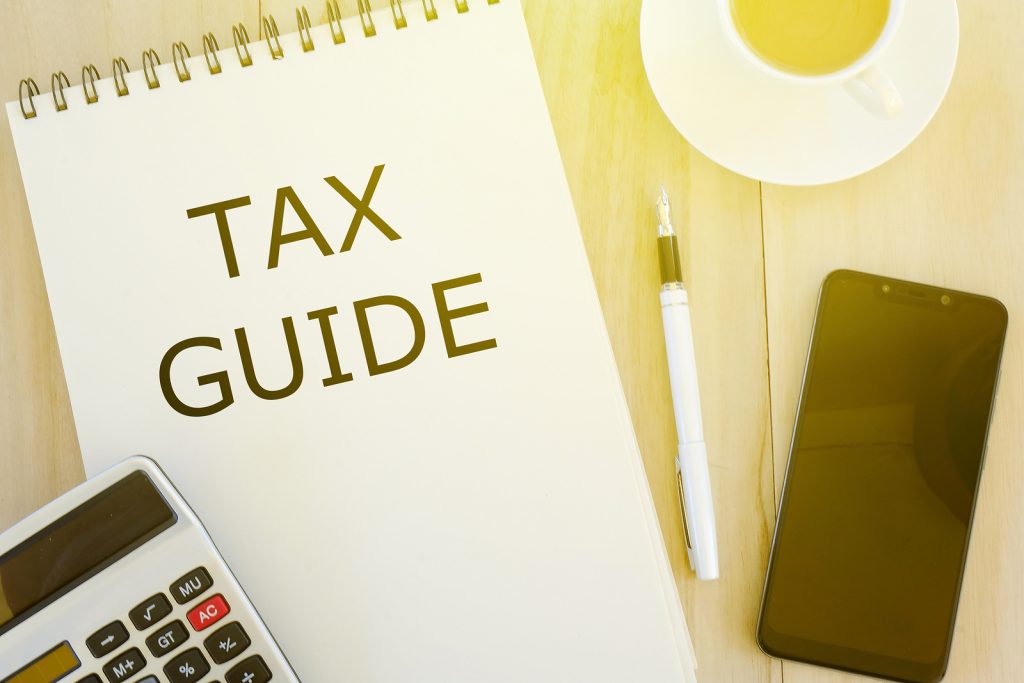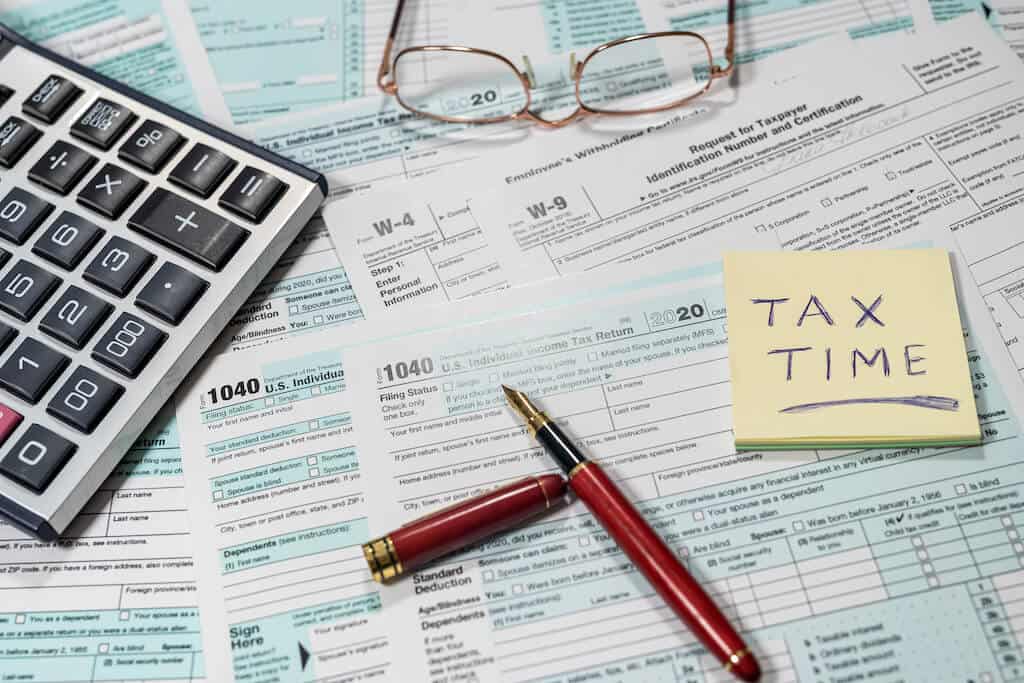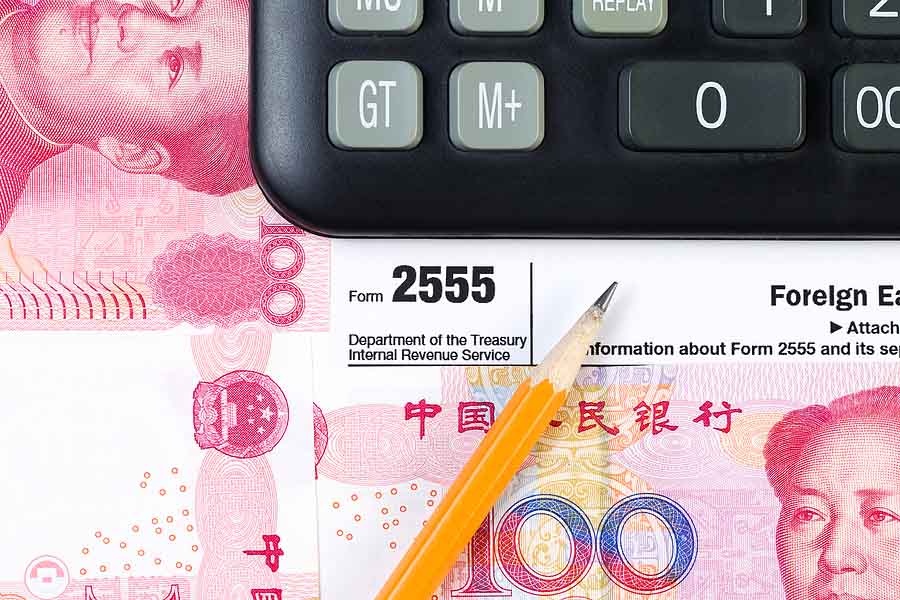US Expat Tax Guide to FEIE Form 2555
January 2, 2024 | Tax Forms | 4 minute read
Expat Tax Blog. Tax Tips for US Americans abroad.
Updated November 5, 2024
 All blogs are verified by Enrolled Agents and CPAs
All blogs are verified by Enrolled Agents and CPAs
Updated November 5, 2024

As a US expat living or working abroad, you might be familiar with the Foreign Earned Income Exclusion, commonly referred to as Form 2555 or the FEIE. It’s a valuable benefit to leverage if you meet the criteria, providing significant savings and reducing your tax liability to the IRS in the United States.
What is Form 2555 – Foreign Earned Income Exclusion
You may have stumbled upon the FEIE or heard about it amongst your expat friends. The Foreign Earned Income Exclusion is a tax benefit that allows US expats to exclude up to $120,000, for the tax year 2023, of their income from foreign-sourced income. You can be a short-term or long-term/permanent expat to take advantage of this benefit.
To skip the easy form filing via MyExpatTaxes, you can fill out the form manually through Form 2555. Once it’s completed, carry over the calculations to your Form 1040. Then, attach it to your US Tax Return and send it in the mail.
Additionally, the
How does this exactly work when filing your US expat taxes?
Let’s say you earned €114,000 while working in Germany last year (2023, which is the tax year you’re filing for).
We need to convert it into US dollars, which is about $124K and some change in US dollars. Subtract your yearly salary from the exclusion rate ($120,000) leaving about $4,000 that becomes taxable by the IRS.
Remember! The taxable amount is taxable at the rate applying to what you originally earned (called the stacking rule). Your exclusion will only apply to foreign earned income too!
Qualifying for the Foreign Earned Income Exclusion
It’s necessary to know if you are eligible to use the exclusion. Otherwise, you’ll be putting your time and effort into nothing.
The first thing you can do to see if you qualify for the foreign earned income tax credit by using either the bona fide residence test OR physical presence test.
Bona Fide residence test:
- Did you move abroad at least a full year ago?
- Are you a registered resident in your host country?
- Are you subject to income taxes in your host country?
If you qualify as a bona fide resident, then you should be able to claim the Foreign Earned Income Exclusion for up to the maximum amount ($120,000).
Physical Presence Test:
- You will need to be outside of the US for 330 full days in a consecutive 12 month period, that begins or ends in the tax year. If yes, you qualify for the FEIE.
- Even if you traveled to the US for more than 1 month in the tax year, there is a possibility you could still claim the Foreign Earned Income Exclusion. It depends on your unique, individual tax profile and situation. If the purpose of your trip to the United States was to work for a foreign company, you may have to claim. You can see what is available to you once you sign up through our app.
Additionally, the FEIE only applies to income that you earned. If you have an interest or capital gains, or dividends, you cannot claim these on the Foreign Earned Income Exclusion.
Need Assistance?
If for any reason the forms are too confusing or time-consuming, you can always reach out to us. Our Tax Professionals can answer any questions you have as an American abroad. Yes, US expats do have a tax obligation to complete every year. However, we try to make it as easy and smooth as possible. We also can gently direct you to use our app to get your FEIE forms done quickly and efficiently.

Written by Nathalie Goldstein, EA
Nathalie Goldstein, EA is a leading expert on US taxes for Americans living abroad and CEO and Co-Founder of MyExpatTaxes. She contributes to Forbes and has been featured in Forbes, CNBC and Yahoo Finance discussing US expat tax.
January 2, 2024 | Tax Forms | 4 minute read











